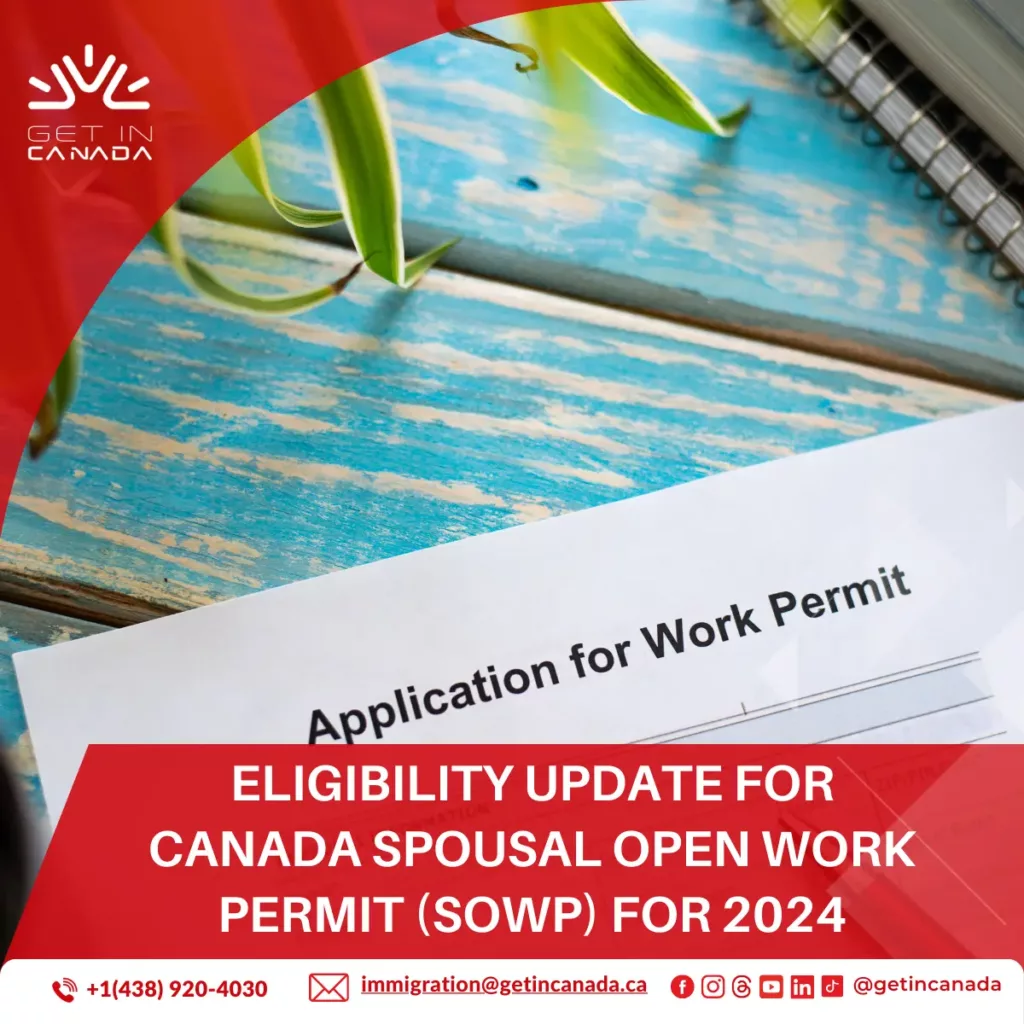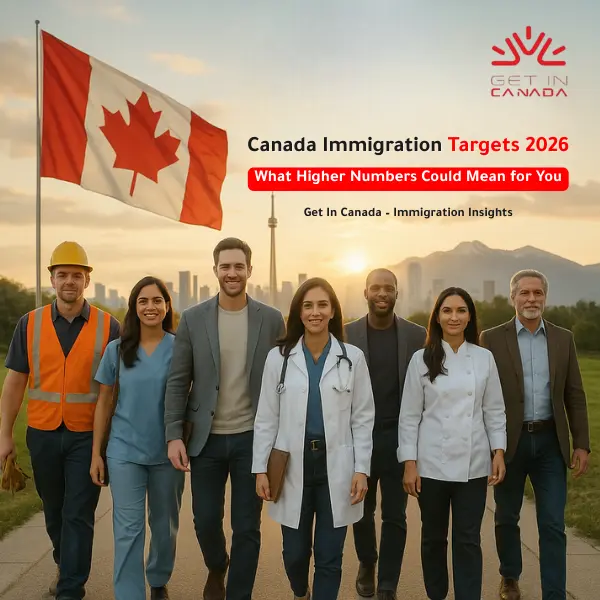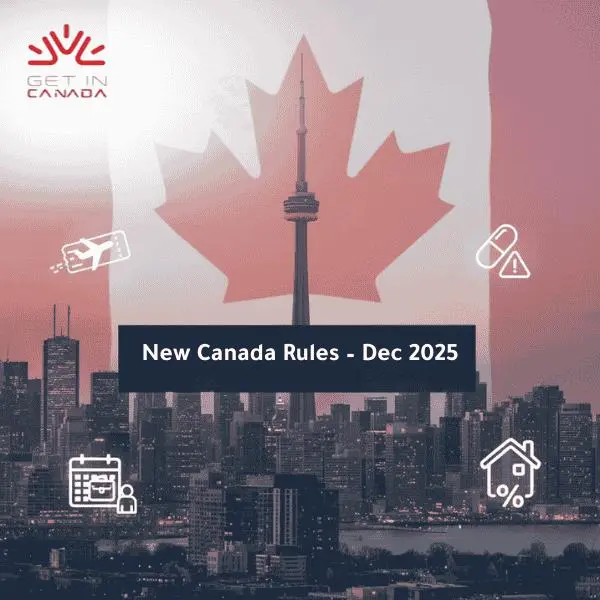Eligibility Update for Canada Spousal Open Work Permit (SOWP) for 2024
Are you eager to stay informed on the latest developments? Intrigued by the evolving landscape of immigration policies in Canada? In this blog, we’ll explore the intricacies of the eligibility update for Canada’s Spousal Open Work Permit (SOWP) in 2024. We’ll delve into the details, uncover the implications, and gain insights into how these changes may impact you and your loved ones.

Yesterday, the IRCC announced new eligibility criteria for the Spousal Open Work Permit (SOWP), effective immediately on March 19, 2024. This timely update addresses the need for clarity following earlier announcements about new regulations for international students. Initially hinted at as forthcoming changes, these updates have now been officially implemented, highlighting the IRCC’s commitment to transparent and efficient immigration processes.
What are the updated eligibility guidelines for the Canada Spousal Open Work Permit in 2024?
Those who are spouses or partners of international students and seek to obtain an open work permit under the category of spouse or common-law partner must satisfy the specified criteria provided below.
Effective March 19, 2024, there are three distinct scenarios in which the spouse or common-law partner of an international student qualifies to apply for an open work permit.
Find out if you are eligible to get in Canada →
What are the scenarios to qualify for an open work permit for your partner?
In the following, we’ll discuss the three main scenarios:
1. If your spouse or common-law partner applies for an open work permit, they may qualify if you are enrolled in certain professional degree programs with a valid study permit. Here are the eligible programs:
- Professional degree programs at universities, including:
- Master’s or doctorate programs
- Specific programs at polytechnic institutions, such as:
- Dental Surgery Doctor (DDS, DMD)
- Juris Doctor or Bachelor of Law (LLB, JD, BCL)
- Medical doctor (MD)
- Doctor of Pharmacy (PharmD, BS, BSc, BPharm)
- Doctor of Optometry (OD)
- Veterinary medicine doctor (DVM)
- Nursing Bachelor of Science (BScN, BSN, or BNSc)
- Education Bachelor’s Degree (B.Ed.)
- Engineering Bachelor’s Degree (B. Eng., BE, BASc)
To prove enrollment in a degree program, your spouse or partner must present one of the following documents:
- A legitimate letter of acceptance from the designated learning institution (DLI)
- A letter of verification of enrollment from the DLI
- Transcripts for the current program
- Proof of their relationship with the student
2. If your spouse or common-law partner has applied for an open work permit before March 19, 2024, they may still be eligible under certain conditions
To qualify, you must meet the following three criteria:
- Hold a valid study permit.
- Be enrolled in a study program that is eligible for a post-graduation work permit (PGWP).
- Attend one of the following types of educational institutions full-time:
- A public post-secondary school, such as a college or university, or CEGEP in Quebec.
- A private college-level school in Quebec.
- A Canadian private school authorized to grant degrees under provincial law (e.g., bachelor’s, master’s, or doctoral degrees).
3. If your spouse or partner seeks to renew their existing open work permit, they must ensure the following conditions are met:
- You possess a valid study permit.
- Your ongoing study program qualifies for a post-graduation work permit (PGWP).
- You are enrolled full-time at one of the following types of educational institutions:
- A public post-secondary institution like a college or university, or CEGEP in Quebec.
- A private college-level institution in Quebec.
- A Canadian private institution authorized to confer degrees according to provincial regulations, such as bachelor’s, master’s, or doctoral degrees.
What is the duration of validity for the Canada spousal open work permit?
Typically, the spousal open work permit remains valid for the same period as the duration of their spouse’s study permit.
The Eligibility Update for Canada’s Spousal Open Work Permit (SOWP) marks a significant milestone in the realm of immigration policies. With these latest changes, spouses and common-law partners of international students now have clearer pathways to explore employment opportunities in Canada without the need for an LMIA or a job offer. As we navigate these updates, it’s crucial to stay informed and understand how these regulations may impact your situation. Whether you’re a student, a spouse, or a partner, these changes signify new possibilities and avenues for growth. By staying abreast of these developments and seeking guidance when needed, we can embrace the opportunities that lie ahead and forge a brighter future in Canada.










